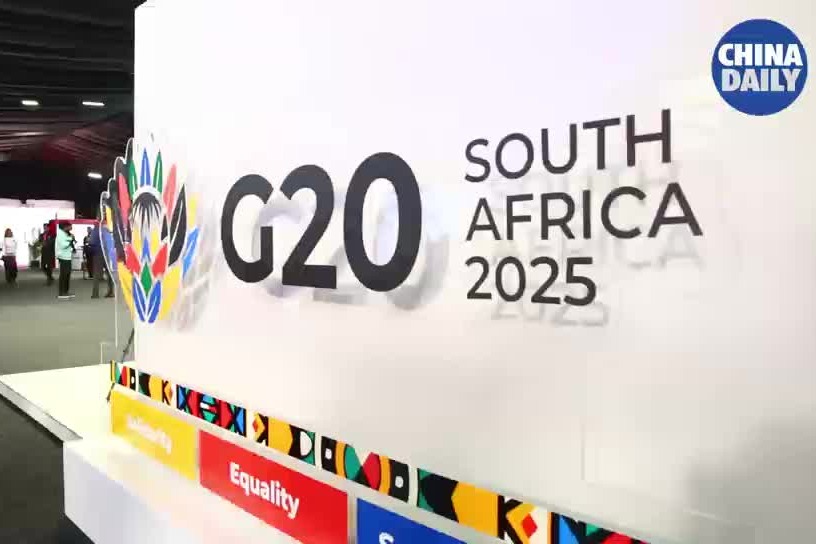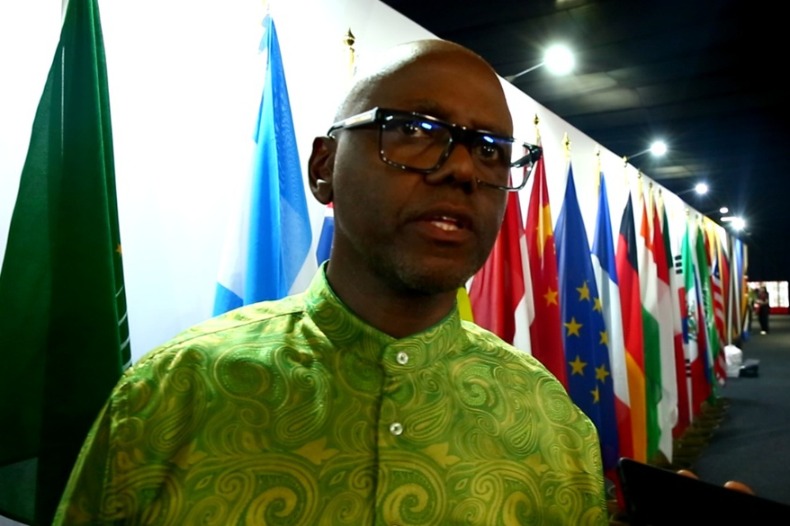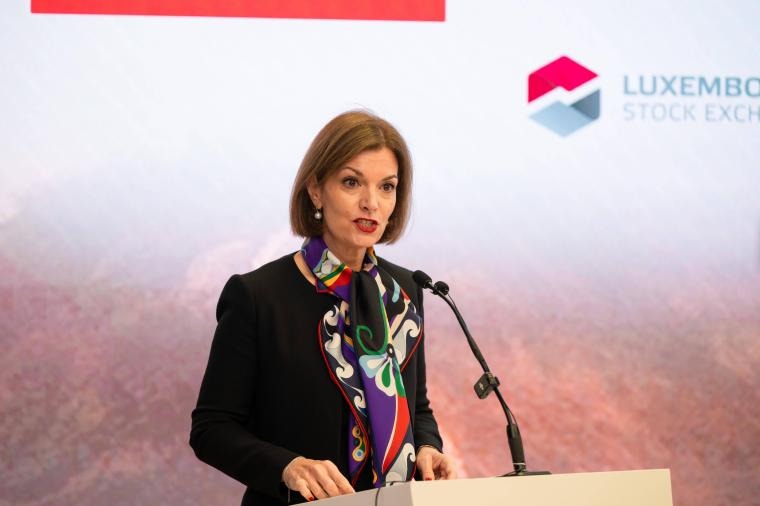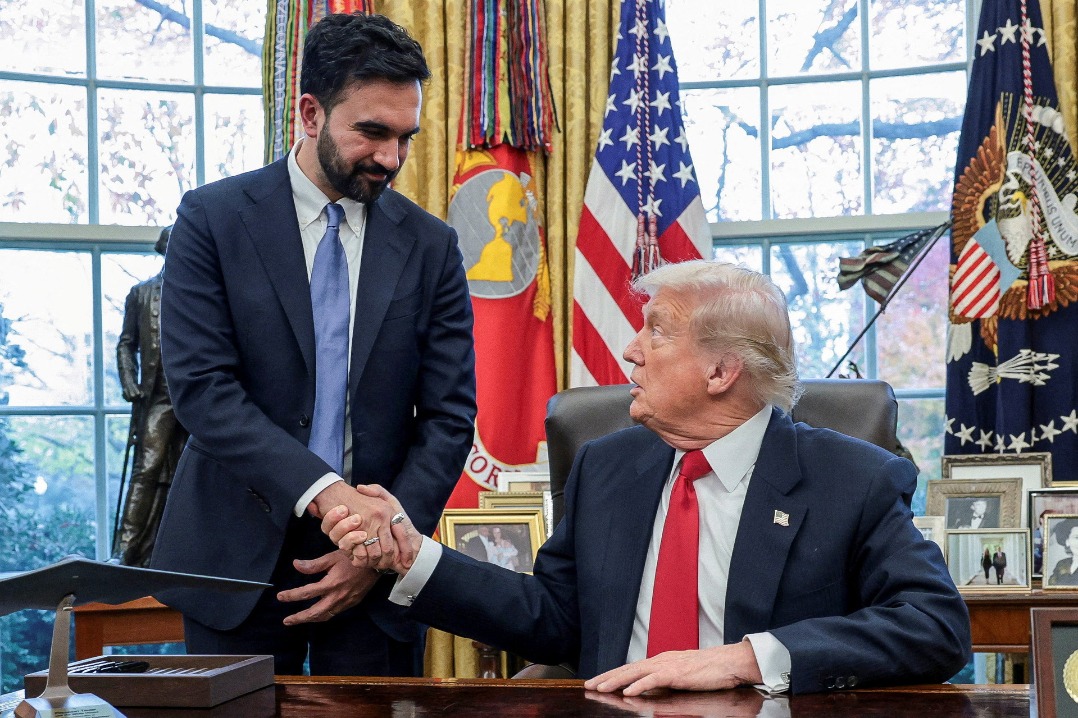Positive Outcomes of the First China-U.S. Comprehensive Economic Dialogue

On 19 July, the first China-U.S. Comprehensive Economic Dialogue (CED) was held in Washington D.C.. Vice Premier Wang Yang of the State Council of China, and Treasury Secretary Steven T. Mnuchin and Commerce Secretary Wilbur Ross of the United States, co-chaired the meeting. About 15 ministerial officials from each side attended the sessions. With a tightly-packed agenda, the CED covered extensive topics and had a focus on priority issues. Both sides had an in-depth exchange of views on a broad spectrum of topics, including macro-economic policy, the 100-Day Action Plan and a one-year plan, global economy and governance, trade and investment, services, agricultural cooperation and high-technology trade. The two sides effectively enhanced the understanding of each other’s policies, deepened their appreciation of the differences, explored the timetable and roadmap for resolving the issues, and reached consensus on some of the issues. The dialogue achieved the expected objectives.
The two sides spoke highly of the significant and balanced outcomes achieved under the 100-Day Action Plan. During the 100-day period, U.S. beef returned to the Chinese market after 14 years of suspension; policy restrictions on U.S. liquefied natural gas exports to China began to be loosened; China approved the applications for 4 bio-tech products from the U.S.; while the import of China origin cooked poultry to the U.S. and relevant financial applications were implemented gradually. Such outcomes are the result of implementing the important consensus reached by the two Heads of State at Mar-a-Lago, and a continuation of the sound cooperation momentum created by the Mar-a-Lago meeting of the two Presidents.
During the CED, both sides discussed a one-year plan on economic engagement and cooperation and came up with initial ideas of how to proceed. They decided to carry out cooperation around the topics of macro-economy and finance, trade cooperation, investment cooperation and global economic governance. The two sides agreed that, in the principle of pragmatism and mutual benefit, they should further substantiate and perfect the one-year plan and determine the substance of an early harvest as soon as possible, so as to provide a stable and predictable prospect for bilateral trade and economic cooperation for the business communities of the two nations.
At the CED Luncheon, featuring the theme of global economy and governance, both sides analyzed the current global economic situation and its challenges, and exchanged views on China-U.S. cooperation in global economic affairs and development financing. The session promoted policy coordination and mutual understanding between the two sides on major global governance issues.
At the breakout session on macro-economic policy and finance, each side talked about their own macro-economic situation and had constructive exchanges on fiscal, tax, currency and financial regulatory policies as well as on market liberalization.
During the CED, China and the U.S. discussed topics relating to services and trade in services in a strategic session. Both sides believed that trade in services and investment cooperation is an important element of Sino-U.S. bilateral commercial relations. The U.S. side wished China to further open up its services market. And despite a huge deficit in services trade with the U.S., China nevertheless believed that trade in services between China and the U.S. is mutually beneficial, and was willing to engage in mutually-beneficial and win-win cooperation in trade in services. Given the differences between the two sides in the size and structure of their services industries, it is possible to achieve complementarity of each other’s advantages. Expanding bilateral trade in services can also promote balanced trading relations between the two sides. China agreed to further open up, deepen its cooperation with the U.S., and forge new areas of growth in bilateral commercial cooperation.
In the afternoon of July 19, Minister of Commerce Zhong Shan and Secretary of Commerce Wibur Ross co-chaired the breakout on trade and investment. The two sides agreed that the priority for their economic and trade teams is to step up cooperation, manage differences, and conduct constructive cooperation on narrowing the US trade deficit with China. Candid and in-depth communication is the best way to deepen their economic cooperation and trade. At the same time, a question-oriented approach is an effective way to find solutions through consultations.
In this breakout session, the two sides focused their discussion on steel, aluminum and high-tech trade. The two sides had in-depth discussion on cutting excess steel production capacity in the world and agreed to active and effective measures to jointly address this global issue.
On high-tech trade, the Chinese government stressed that the two sides need to work more closely on civilian high-tech trade. While ensuring products are used for civilian purpose and IPRs are protected, US export control needs to be relaxed to expand and balance two-way trade.
A breakout session on agricultural cooperation was also held in the first CED. The two sides had a full exchange of views on China and US agricultural policies and their agricultural trade, lift of the ban on US poultry for avian influenza, removal of ban on China and US poultry products for two-way trade on a reciprocal basis, VAT on imported dried distillers grains, safety certificate for food imports, approval of agricultural biotechnology products, export of China’s dairy products and aquatic products to the US and China-US collaborative study on the soybean industry, and reached consensus on some of them.
The Chinese and US business communities gave a very positive response to this dialogue. On July 18, the US-China Business Council, the US Chamber of Commerce and China General Chamber of Commerce—U.S.A. jointly held a welcome luncheon in honor of Vice Premier Wang and his Chinese delegation. More than 400 Chinese and American officials and businesspeople attended this big event. Vice Premier Wang delivered a keynote speech entitled "Win-Win Cooperation is the Best Deal" and stressed that China was ready to work closely with the US to find a solution that benefits both China and the US—the best "deal". Vice Premier gave high credit to the Chinese and American business communities for their support and participation in China-US commercial cooperation over the years, which helped create an environment calling for cooperation rather than confrontation and contributed to China-US commercial relations as they stand today.
During the CED, Vice Premier Wang held a number of small group meetings with Secretary Mnuchin and Secretary ross in which they had an in-depth exchange of views on important bilateral economic and trade issues in the spirit of mutual-respect and win-win cooperation. The two sides have deepened mutual understanding, increased mutual trust, fully completed the tasks of the inaugural CED, and created a successful working model for future CEDs.
A candid and friendly spirit prevailed in the CED. The two sides recognize win-win cooperation is the principle of their commercial relations, dialogue and consultation the approach to problems, and communication on their major economic policies an important way in their dialogue and cooperation. The two sides agreed that their economic teams will take follow-up actions to identify issues in the one-year plan and its early harvest to consolidate dialogue outcomes and give commercial relations a better role to play as the "ballast" and "propeller" in overall bilateral relations.
































